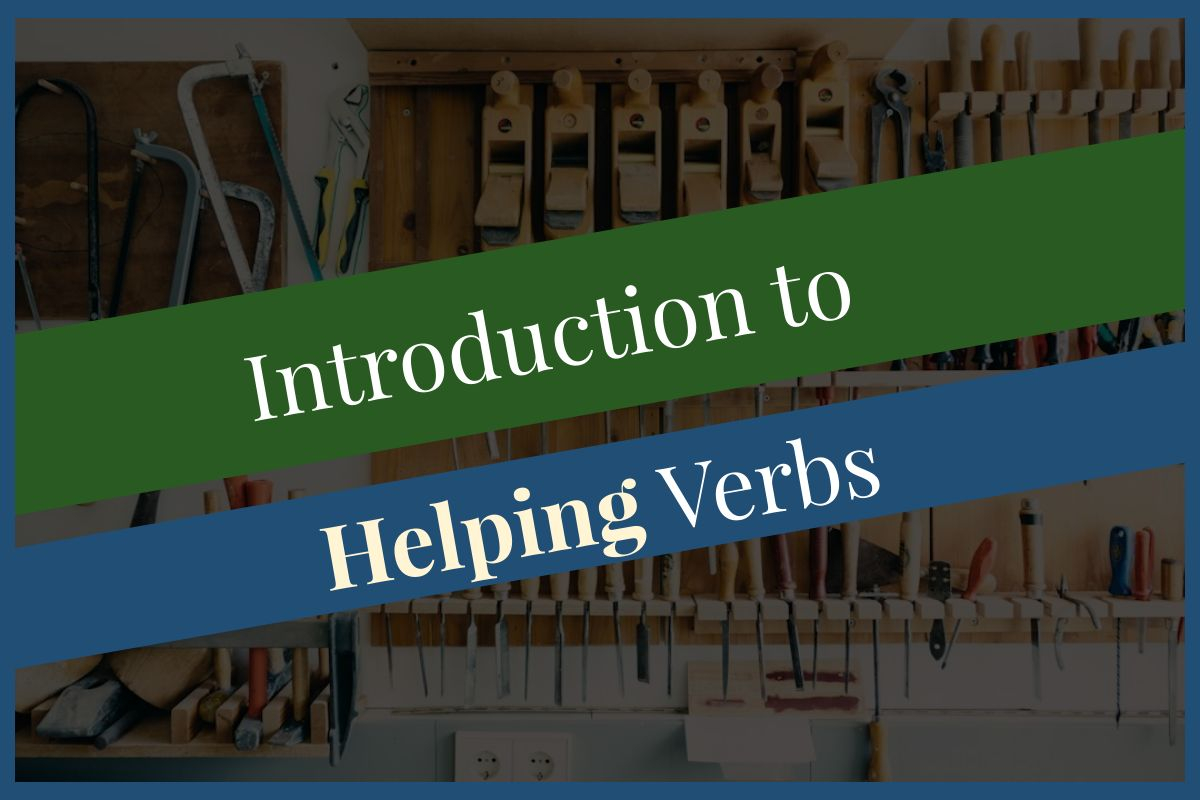
Let’s talk about helping verbs. These words are like little helpers for the main verbs in sentences. They help us show when something happens, how someone feels about it, and how to make sentences ask a question or say no.
What Are Helping Verbs?
Helping verbs work with the main verb to add more information. There are two kinds: auxiliary verbs and modal verbs. Auxiliary verbs are “be,” “do,” and “have.” They help us create different times or ways of doing something. For example, “be” helps in sentences like “I am running,” showing something is happening now. “Have” is used for things done in the past but still important now, like “She has eaten.”
Modal verbs include “can,” “could,” “may,” “might,” “must,” “shall,” “should,” “will,” and “would.” They show if something is necessary, possible, allowed, or if someone can do it. For example, “Can I leave early?” asks for permission, and “You must finish your homework” shows something that needs to be done.
Why Are They Important?
For anyone learning English, knowing how to use these helper verbs makes your speaking and writing clearer. They let you share more about what you’re talking about, like when it happened or how sure you are about it.
Examples to Know
- Using “be” for actions happening now: “She is walking to school.”
- Using “have” for things that happened but matter now: “They have completed their assignment.”
- Using “do” for questions or saying no: “Do you understand?” or “She does not like coffee.”
- Modal verbs for what you can do or what’s allowed: “I can speak three languages.” or “May I open the window?”
Using Them in Sentences
When you use helping verbs, you add them to the main verb to make sentences. They help ask questions (“Are you going to the market?”), say no (“She does not know the answer.”), show ongoing actions (“They are playing football.”), or finished actions (“I have finished my homework.”).
Common Mistakes to Avoid
- Wrong time: Saying “She is go to school yesterday.” Instead, say “She went to school yesterday.”
- Using too many helpers: Saying “Do you can speak French?” Just say “Can you speak French?”
- Mixing them up: Saying “He doesn’t goes to the gym.” It should be “He doesn’t go to the gym.”
Tips for Learning
- Practice making sentences with helping verbs.
- Learn from real sentences in books or from listening to how people speak.
- Use apps to practice grammar.
- Get feedback from teachers or friends who are good at English.
- Use tricks to remember them, like linking each modal verb with its use.
- Talk and practice with others learning English.
Practice Makes Perfect
Try writing your sentences or speaking with friends using different helping verbs. The more you use them, the better you’ll get at making your English clear and expressing exactly what you mean.
Exercises
- Fill-in-the-Blank Sentences:
- This exercise involves completing sentences with the correct helping verb. For example, “She ___ (to be) going to the store.”
- Now check these sentences out:
- “They ___ (to have) finished their project by now.”
- “___ (to do) you think it will rain today?”
- “I ___ (can) swim across the lake when I was younger.”
- “The book ___ (to be) written by a famous author.”
- “We ___ (must) complete our homework before going out.”
- “He ___ (to do) not like to play football.”
- “You ___ (would) go to the concert if you had a ticket.”
- “They ___ (to have) been living in Paris for three years.”
- “___ (to do) she know how to speak Spanish?”
- Now check these sentences out:
- This exercise involves completing sentences with the correct helping verb. For example, “She ___ (to be) going to the store.”
- Sentence Reformation:
- Take a simple sentence and reform it into different tenses or voices using helping verbs. For example, “He plays guitar” can be transformed into “He is playing guitar” or “He has played guitar.”
- Now check these extra examples:
- Original: “He plays guitar.”
- Reformed: “He is playing guitar.”
- Reformed: “He has played guitar.”
- Reformed: “He will be playing guitar.”
- Original: “They watch a movie every weekend.”
- Reformed: “They are watching a movie this weekend.”
- Reformed: “They have watched a movie every weekend.”
- Reformed: “They will have watched a movie by the end of this weekend.”
- Original: “She writes a letter to her friend.”
- Reformed: “She is writing a letter to her friend.”
- Reformed: “She has written a letter to her friend.”
- Reformed: “She will have written a letter to her friend by tomorrow.”
- Original: “The cat sleeps in the afternoon.”
- Reformed: “The cat is sleeping in the afternoon.”
- Reformed: “The cat has slept in the afternoon.”
- Reformed: “The cat will be sleeping in the afternoon.”
- Original: “He plays guitar.”
